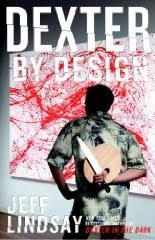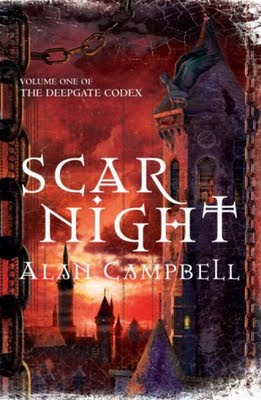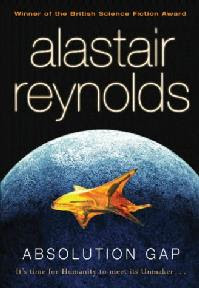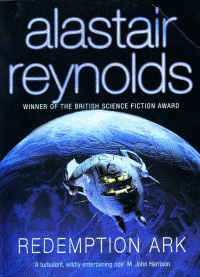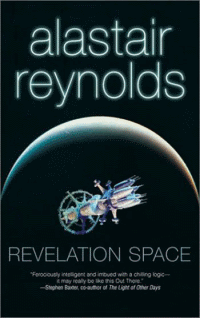Idoru by William Gibson
 It seems that I started William Gibson's the Bridge trilogy in reverse order. I finished reading All Tomorrow's Parties and, before I could blog it, I started reading Idoru and realized that it was set in the same universe and had some of the same characters. And this only to find out by Wiki'ing that there is a third (and first) book in the series.
It seems that I started William Gibson's the Bridge trilogy in reverse order. I finished reading All Tomorrow's Parties and, before I could blog it, I started reading Idoru and realized that it was set in the same universe and had some of the same characters. And this only to find out by Wiki'ing that there is a third (and first) book in the series.Well, I can't possibly hold up until I start and finish that one, and I may even not read it. Not because Gibson is not brilliant, but because the level of attention necessary to enter the atmosphere of his books is not appropriate for my daily subway trips to work. Because of this I recommend reading William Gibson books somewhere alone, in bed, well rested, ready to virtually go somewhere else and abandon reality for a while.
Back to Idoru, a book about a Japanese popular idol (hence the name of the book) who is entirely virtual, a programatic entity made for the sole purpose of entertaining. However, this inadvertently turns into a proper AI, becoming more human as the data from her fans becomes part of her being. Of course, a lot of characters are doing their thing in a typical for Gibson very detailed world that mixes the increasingly neglected realilty with emerging virtual worlds and concepts.
It is a good book, but I recommend you start with Virtual Light, go through Idoru and finish the proper way, by reading All Tomorrow's Parties.
